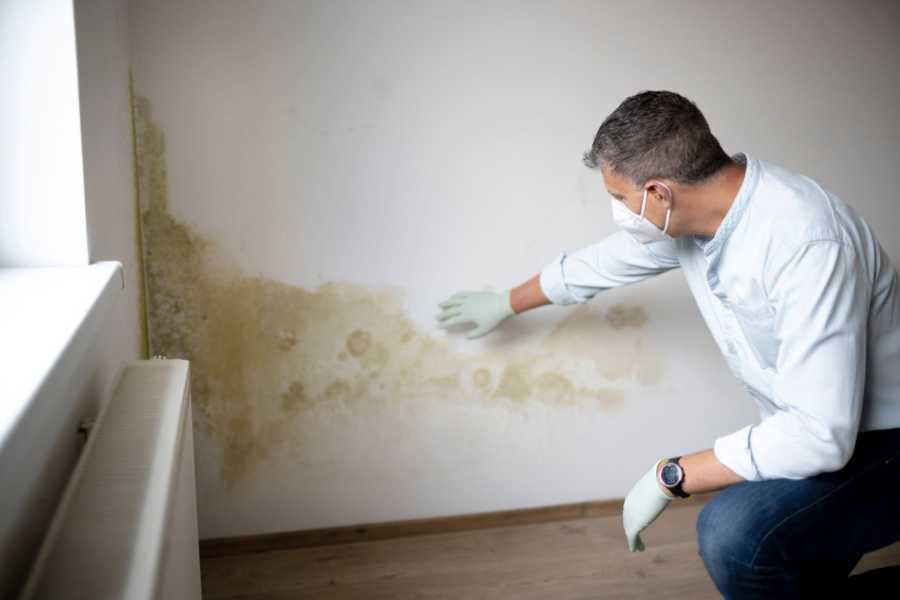
Mold in the apartment: when you can refuse to pay rent
If mold is present in the apartment, the tenant may, in certain situations, be entitled to vacate without paying rent. However, they should first inform the landlord.
According to Articles 1578 and 1581 of the Italian Civil Code, tenants can lawfully end the lease immediately and without penalties if the mold renders the apartment unlivable and poses a health risk.
When can you withhold rent payment?
Mold can justify not paying rent only if it makes the entire property uninhabitable, compelling the tenant to move out.
If mold affects just part of the apartment, such as a single room, the tenant can request a reduction in rent, reflecting the reduced usability of part of the property.
Why Mold Is a Major Issue
According to a verdict from the Trieste Court (No. 162/2019), even a small amount of mold negatively impacts the quality of life, worsens the sanitary conditions, and damages the appearance of the dwelling. This is seen as a major flaw, granting the tenant the right to lower the rent.
If mold significantly deteriorates living conditions and breaches the contract, the tenant can seek termination of the lease or a rent reduction, provided they were unaware and could not have been aware of these defects when the contract was signed.
Furthermore, the landlord may be liable for damages caused by property defects unless they can prove they were unaware of them when the apartment was leased.
A medical certificate indicating health issues caused by mold can serve as supplementary evidence, though it isn't formally required.
An agreement between the parties is necessary.
The mere presence of mold does not permit a tenant to unilaterally stop paying rent. Any reduction or suspension of payments must be mutually agreed upon with the landlord or ordered legally.
Judicial precedents don't always support the tenant's right to refuse payment on their own. Specifically, the Supreme Court of Italy (Resolution No. 18987 from September 27, 2016) decided that tenants must continue to pay rent if the premises can still be used, even partially.
Landlord's Responsibilities
The landlord is obligated to provide accommodation in good condition, compliant and suitable for living. It is their duty to resolve mold and its related problems.
The tenant, on the other hand, must perform regular maintenance and adhere to the agreement terms.
If the tenant is at fault
If mold results from the tenant's negligence, like inadequate ventilation or improper use, the tenant is accountable for the outcome. In this case, not paying rent is seen as a breach, and the tenant may be considered delinquent.
If the mold is not due to the tenant's actions, for example, if caused by leaks from above or poor sealing, then the property owner is responsible for fixing the issue.
What to do if there is mold in a rented apartment
The tenant's approach depends on how severe the problem is. Possible actions include:
- Requesting a rent reduction by negotiating with the landlord or seeking a court ruling.
- Seeking compensation for damages if the landlord did not act in a timely manner.
- Terminating the lease without notice if the apartment is deemed unfit and hazardous to health (based on Articles 1578 and 1581 of the Civil Code).
- If mold results from issues in the common building areas, filing a claim with the managing company or the condominium.
What to do if mold appears
Main rule: the tenant must avoid acting alone. Rent payments cannot cease without the landlord's consent or a court's decision.
The exception involves severe cases where the dwelling is entirely unfit for habitation. In other situations, the tenant risks being at fault, even with mold affecting them.
